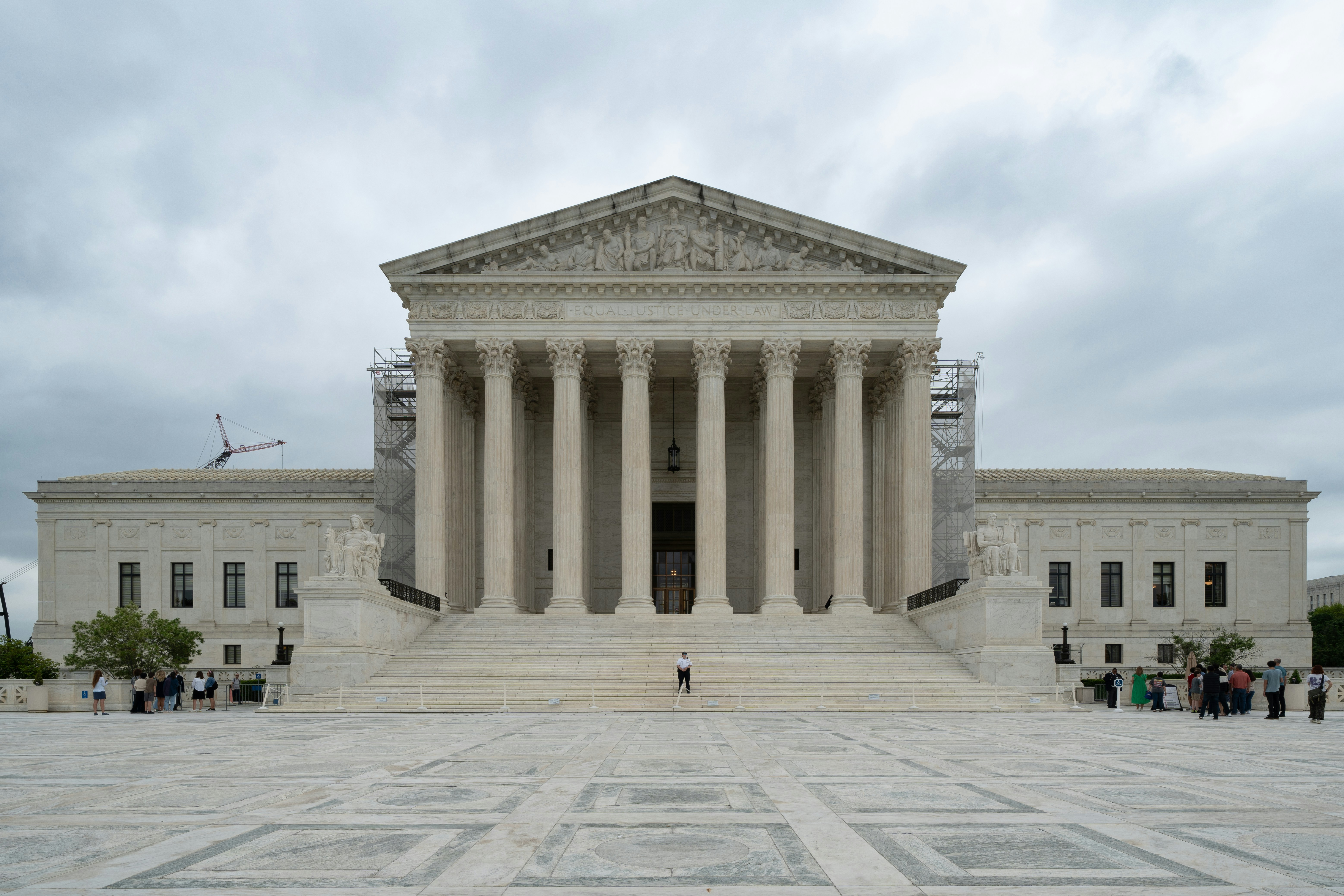|
|
Alliance Annual Retirement Security Symposium is Wednesday |
|
On Wednesday, November 19, the Alliance will host its annual Retirement Security Symposium from 9:00 AM to 4:00 PM at AFL-CIO headquarters in Washington, DC.
The event will also be livestreamed. To review the agenda and RSVP click here. People who RSVP to attend virtually will receive the link for the livestream via email.
If you have any questions, please contact Joni Jones at [email protected] / 202-637-5377. |
|
Supreme Court to Consider Case That Could Affect 46 Million Americans Who Vote by Mail; |
|
|
The U.S. Supreme Court has agreed to consider arguments in a key Mississippi voting rights lawsuit that threatens mail-in ballot rules nationally. The case, filed by the Republican National Committee and the Libertarian Party of Mississippi, seeks to invalidate a longstanding state |
|
law that allows any ballots mailed on or before Election Day and received up to five business days after Election Day to be counted.
Last year, a federal district court concluded that throwing out Mississippi’s statute is unnecessary because current federal law gives states the power to set ballot deadlines after Election Day. But a panel of judges on the U.S. 5th Circuit Court of Appeals disagreed, ruling in favor of the plaintiffs. The Mississippi Alliance joined Vet Voice Foundation and state lawyers in appealing the 5th Circuit Court’s decision.
“Our legislature got it right when they said that no voter should have their ballot thrown out simply because of delays in the mail,” said James Sims, President of the Mississippi Alliance.
The Supreme Court’s ruling will have implications for 29 states that also allow officials to count ballots that are postmarked on or before Election Day. In 2024, 46.8 million voters cast their ballots by mail, and the U.S. Postal Service reports that 119,000 of those ballots took more than seven days to deliver.
|
|
Government Shutdown Ends After 43 Days |
|
President Donald Trump signed a bill passed by Congress on Wednesday night, officially ending the longest federal government shutdown in history.
The legislation provides funding for most agencies until January 30, although some parts of the government are funded through September 2026. It also includes provisions that extend telehealth services for Medicare beneficiaries through January 30 and lifts the so-called “PAYGO” rules from the Republican tax law that would have triggered automatic cuts to Medicare.
“It’s good news that Congress has renewed the Medicare telehealth services that millions of seniors rely on for care,” said Richard Fiesta, Executive Director of the Alliance. “We’re also heartened to hear that lawmakers prevented Medicare cuts triggered by the budget and tax plan passed by Republicans last summer.” |
|
KFF Health News: As Health Companies Get Bigger, So Do the Bills. It’s Unclear if Trump’s Team Will Intervene. |
|
A cancer patient might live in a town with four oncology groups, but only one accepts his insurance — the one owned by his insurer. A young couple could see huge bills after their child is born, because their insurer agreed to the health system’s rates in exchange for a contract with obstetricians across the country. A woman might have to pay a big sum she can’t afford for basic lab tests at a hospital — inflated rates her insurer accepted so its customers have access to the system’s children’s hospital elsewhere in the state.
And even well-insured patients receive unaffordable bills in this era of high-deductible health plans, narrow insurance networks, and 20% cost sharing.
Health systems, doctor groups, and insurers are merging and coalescing into ever-bigger giants. While these mergers are good for business, studies show the escalating consolidation in health care is driving up prices, harming patient outcomes, and decreasing choice for people who need care. A recent study found that six years after hospitals acquired other hospitals, they had raised prices by 12.9%, with hospitals that engaged in multiple acquisitions raising their prices by 16.3%.
These new deals are “mutually enforced monopolization,” said Barak Richman, the Alexander Hamilton professor of business law at George Washington University. “It’s not competition. It’s more like collusion. They don’t care about price.”
|
|
Thanks for reading. Every day, we're fighting to lower prescription drug prices and protect retirees' earned benefits and health care. But we can't do it without your help. Please support our work by donating below. |
|
|
|
|
Alliance for Retired Americans | 815 16th Street, NW | Washington, DC 20006 | www.retiredamericans.org


